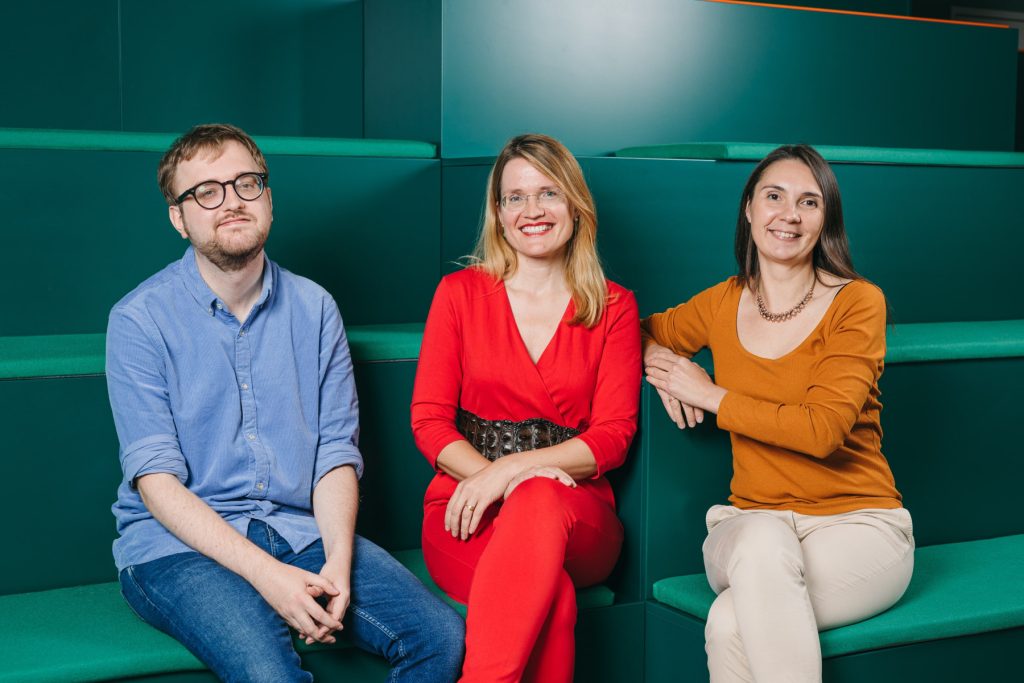
German esports data company Bayes Esports has performed a study comparing fans of traditional sports with esports fans in the region.
The study, which saw 62 sports and esports fans participate in a survey, showed that both fans value community and companionship. However, the study noted that infrastructure supporting grassroots esports is lacking.
According to a release, Bayes Esports decided to perform this survey to see how esports fans and sports fans in Germany compare. The country is known for its large number of sports clubs, more than 90,000 of them to be precise. However, most of these clubs are focused on grassroots, community projects, not just on competitive success.
Bayes spoke to players and fans of traditional sports, ranging from football and tennis to water sports and martial arts, and then compared the answers to fans of esports teams and games.
The results have shown that, at least in this small sample, both esports and sports fans value community in the clubs they are a part of.
However, traditional sports fans do not cherish competition and winning as much as esports fans do. Only some fans of traditional sports noted that competing and participating in tournaments is important to them, while almost all esports fans noted that it is of utmost importance for them and their teams.

According to Niklas Weber, the conductor of the survey and PR and Content Creator for Bayes Esports, the study shows that there is a lack of development in the grassroots segment of esports in Germany.
He added: “For esports to take the next step in establishing itself within a broader context in society, the development of the lower levels of play has become imperative. Without sufficient competitions that allow for teams to participate strictly for the fun of being able to compete with others, amateur-level clubs in esports will be unable to live up to the expectations of their members, and esports clubs, in general, will remain a rare sight.
“If we want esports to take the next steps in its development, we need to look at our local amateur scenes just as much as we look at the highest levels of play, if not more.”




